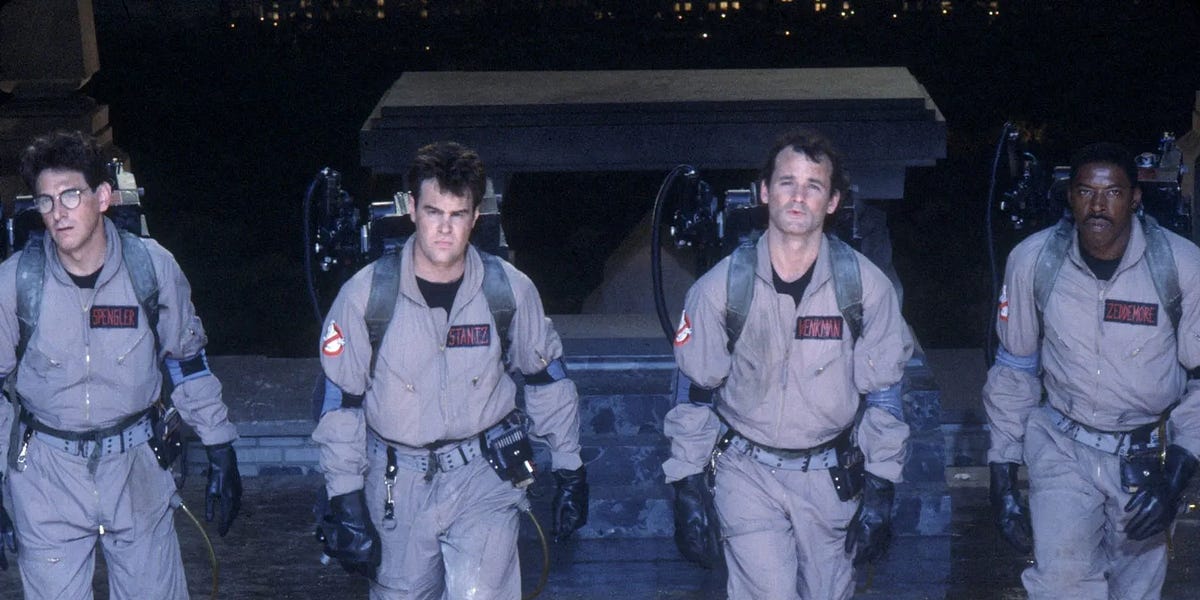The Streaming Golden Age is Over?

From Netflix's rise to the 2023 writer's strike, the streaming industry has undergone dramatic upheaval. Initially, high-budget "prestige TV" dominated, but Netflix's stock plunge and economic uncertainty led to industry contraction and slashed production budgets. Now, high-quality shows are scarcer, replaced by low-cost non-fiction programming. Viewers are turning to free platforms like YouTube, signaling an impending wave of streaming consolidation.
Read more



